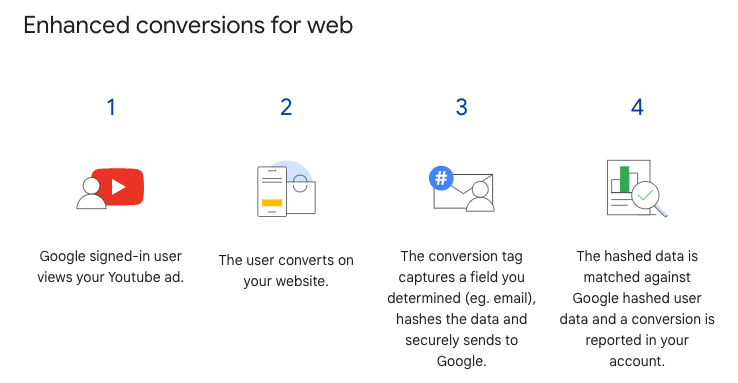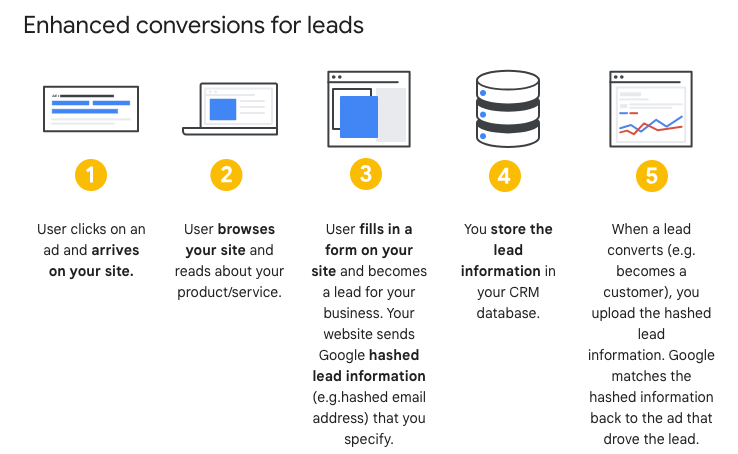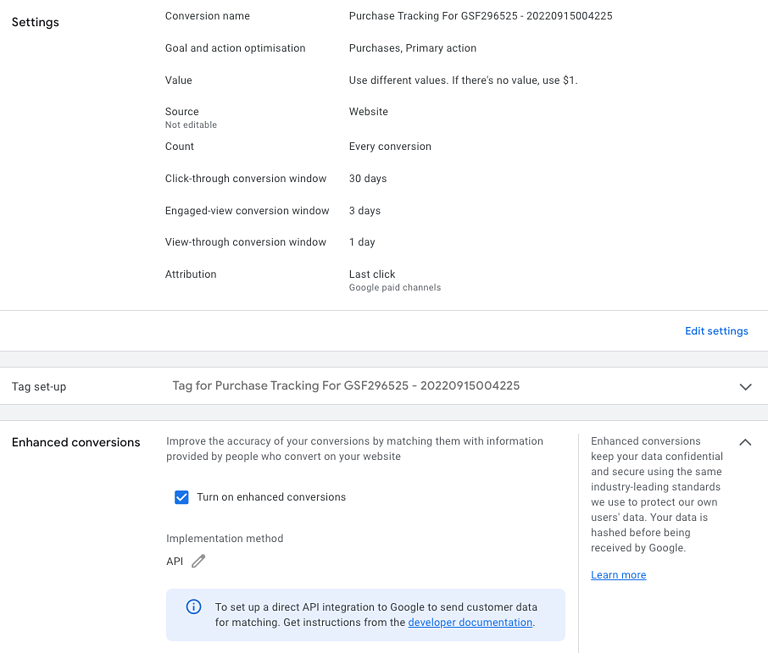The convergence of rising privacy concerns and regulation enforcement with fast-paced technology advancements has sparked a revolutionary transformation in how we approach marketing planning and execution.
As technology continues to evolve rapidly, the vast amounts of personal data generated by consumers have become increasingly vulnerable, triggering heightened apprehensions about privacy and data security.
Consequently, governments and regulatory bodies worldwide have tightened their grip on data protection, enacting stringent laws to safeguard individual privacy.
In this dynamic landscape, marketers are compelled to adopt innovative and ethical practices to navigate the complexities of compliance while still delivering effective campaigns.
As a result, the marketing industry is witnessing a paradigm shift, with a greater emphasis on transparent data collection, consent-based marketing strategies, and the use of emerging technologies, such as artificial intelligence, to ensure privacy-centric practices.
The ability to strike a balance between personalized marketing and respecting user privacy will undoubtedly shape the future of successful marketing endeavors.
Even more so as we shift towards a fast-approaching cookie-less future, which is already transforming the digital landscape, and we move towards reliance on first-party data.
The fact is that the era of third-party cookies, long used for tracking user behavior and delivering targeted ads, is waning, ushering in a new era of data privacy and consumer control.
Embracing this paradigm shift, organizations are investing in transparent data collection practices, fostering stronger customer relationships, and leveraging advanced technologies to harness the power of first-party data.
By harnessing first-party data directly obtained from their own platforms and interactions with customers, companies gain a deeper understanding of their audience, leading to more personalized and relevant campaigns.
This paradigm shift can be likened to what Frederick Vallaeys describes in his book, Unlevel The Playing Field, when he talks about “how to combine the best of human creativity and machine efficiency to create winning digital marketing programs.”
What Are Enhanced Conversions?
Introduced by Google in May 2021, enhanced conversions supplement existing conversion tags with first-party, user-provided data.
Enhanced conversions allow websites to send encrypted and anonymous conversion data to Google, safeguarding users’ privacy and adhering to stringent data protection regulations.
By harnessing this hashed data, advertisers gain deeper insights into customer behavior, enabling them to optimize their campaigns and improve targeting accuracy.
The upside to enabling enhanced conversions is improved accuracy.
Advertisers reap additional benefits from this as it advertently also positively impacts their automated bid strategies.
Improved Accuracy
Marketers can obtain more accurate data on user interactions and conversions.
This enhanced accuracy is achieved by reducing discrepancies and ensuring that all relevant conversion events are properly tracked and attributed to the correct ad interactions.
Impact On Google Ads Bidding
Accurate conversion data is essential for Google Ads bidding.
When the conversion measurements are precise, the algorithm can make better-informed decisions about how much to bid for ad placements.
The system can allocate budgets and bid more effectively for the keywords driving valuable actions.
This, in turn, can lead to better ROI and overall campaign success.
How Do Enhanced Conversions Work?
First, it is important to distinguish between the two types of enhanced conversions, since we have enhanced conversions for web and enhanced conversions for leads.
Enhanced Conversions For Web
Example:
- A user signed in to a Google account views your ad.
- They land on your site through a separate channel and make a conversion.
- The conversion tag captures user data and sends it to Google.
- Hashed website data is cross-checked with Google’s data.
- A conversion may then be attributed to your ad.
-
 Screenshot from Google Ads Help, July 2023
Screenshot from Google Ads Help, July 2023
Enhanced Conversions For Leads
Example:
- A user lands on your site after clicking your ad.
- They browse your site and decide to fill out a form – becoming a lead.
- Lead details are stored in your customer relationship management (CRM) database.
- You may upload first-party data to Google once the lead converts.
- Google may cross-check the uploaded first-party data with the hashed user data.
- A conversion may then be attributed to your ad.
-
 Screenshot from Google Ads Help, July 2023
Screenshot from Google Ads Help, July 2023
How To Set Up Enhanced Conversions For Google Ads
Setting up enhanced conversions is a pretty straightforward process and can be done in multiple ways, depending on which type you are implementing.
For web, this can be done either via Google Tag Manager, Google tag, or the Google Ads API.
-
 Screenshot from Google Ads, July 2023
Screenshot from Google Ads, July 2023
For leads, it can also be done via Google Tag Manager or Google tag.
-
 Screenshot from Google Ads, July 2023
Screenshot from Google Ads, July 2023
Detailed steps can be found on Google’s support page here.
How Enhanced Conversions Can Help Optimize Your Bid Strategies
As mentioned, enhanced conversions can play a crucial role in optimizing your bid strategies within the realm of Google Ads.
By implementing improved conversion measurements, you can significantly enhance the overall performance of your ads.
In the past, certain ads might not have been properly attributed with conversion credit, resulting in their undervaluation.
However, with the adoption of enhanced conversions, these ads now receive their due credit, allowing for a more accurate assessment of their true value.
The true advantage of this lies in the fact that these previously overlooked ads can now actively contribute to the refinement of your Google Ads bid strategy as your campaign progresses.
This integration of previously undervalued ads into your bid strategy can be a game-changer, potentially leading to more potent bidding practices.
By taking into account a broader set of ads with enhanced conversions, your bid strategy gains access to a wider pool of valuable data. As a result, your bids can be better calibrated to match the actual impact of each ad, maximizing the effectiveness of your advertising budget.
With the increased precision and insights offered by enhanced conversions, your bid strategy can adapt more intelligently and dynamically in response to evolving market trends, user behavior, and campaign performance.
This adaptability ensures that your ad spend is allocated most efficiently, reaching the right audience with the right message at the optimal moment.
Does It Work? Our Case Study
By now, you are probably thinking, “Yes, this all sounds good, but is it worth the effort?”
My answer is that, whilst success might vary case by case, yes, it is absolutely worth it.
At our agency, we have generally seen positive changes after implementing enhanced conversions for all clients – and for some, that has led to great results.
In particular with one client whose efforts and focus are to generate leads and referrals to a number of partners.
Before implementing enhanced conversions, the campaign’s main goal was to drive leads. The system and automated bid strategies were doing a good job of achieving that within the target cost-per-lead.
However, the only downside was that the system could not discern between good and not-so-good leads; ultimately, there was no way to qualify the leads that would convert once referred to the client’s partners.
But that changed once we implemented enhanced conversions for leads.
Being able to “educate” the system and train it, feeding back which leads resulted in an external conversion, improved the quality of the data available, and therefore improved the automated bidding significantly.
The result? For this particular client, it was quite dramatic.
Conversion rates from leads to conversions improved by over 25%, and the average cost-per-lead decreased by nearly 40%.
Conclusions
Like how the British Cycling Team’s extraordinary success (a few years ago) could be attributed in large part to their philosophy of “incremental gains” and relentless pursuit of 1% improvements, identifying even the smallest areas for enhancement and consistently making marginal yet cumulative progress can lead to unimaginable results and help to un-level the playing field.
In conclusion, embracing enhanced conversions can significantly elevate your Google Ads performance, unleashing the full potential of your bidding strategies.
More resources:
Featured Image: microstock3D/Shutterstock





